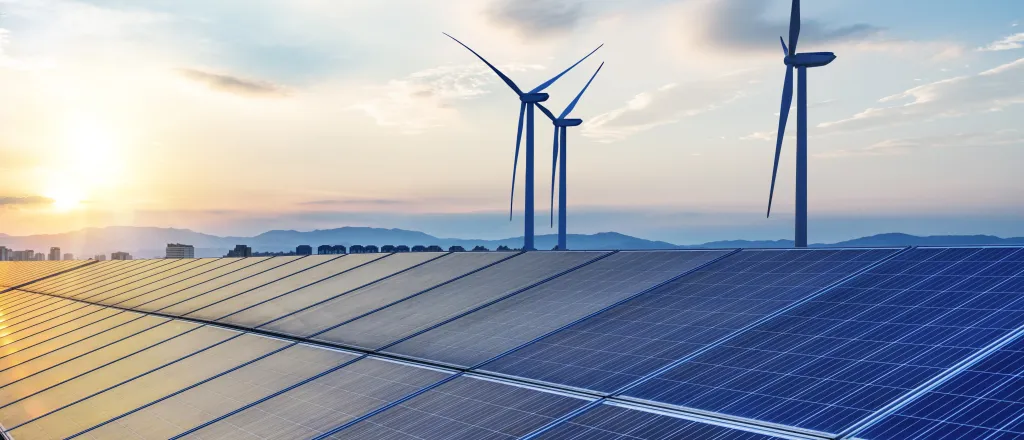
Trump's 'Big Beautiful Bill' sets sights on clean energy in Colorado
Click play to listen to this article.
As the U.S. Senate considers President Donald Trump's "Big Beautiful Bill" recently passed by the House, clean energy advocates are sounding the alarm.
Garrett Royer, political director for the Colorado chapter of the Sierra Club, said the budget reconciliation package would endanger Colorado's clean air and water, fast-track reckless oil and gas development and raise costs on working families, all to give more tax cuts and handouts to billionaires and corporate polluters.
"This is a highly destructive bill that's going to threaten thousands of Colorado's jobs by gutting investments in clean energy, especially in rural and vulnerable parts of the state," Royer contended.

© iStock
One of Trump's central campaign promises was to repeal climate action written into President Joe Biden's Inflation Reduction Act. The bill currently before the Senate would gut clean energy tax credits and investments, expedite drilling and eliminate public health protections from tailpipe, methane and other pollution. The administration said these moves are necessary for the U.S. to achieve energy dominance.
Royer noted since its passage, the Inflation Reduction Act has sparked $560 million in investments in Colorado clean-energy projects and created more than 3,700 jobs. He argued reversing course would blunt efforts to bring less expensive solar and wind power onto the grid and Colorado working families and businesses will be on the hook for the higher costs of oil and gas.
"The best way that we achieve global energy dominance, if that's truly what the goal of the Trump administration is, would be to invest in as many energy solutions as possible, rather than only advocating for the most expensive forms of energy," Royer emphasized.
A coalition of nonprofits and 16 states are taking the Trump administration to court for freezing $5 billion in funds already allocated to build out electric vehicle charging stations every 50 miles on major corridors across all 50 states. According to the American Lung Association, a large-scale transition to EVs could save more than $1 trillion in health costs, and result in 110,000 avoided deaths.















